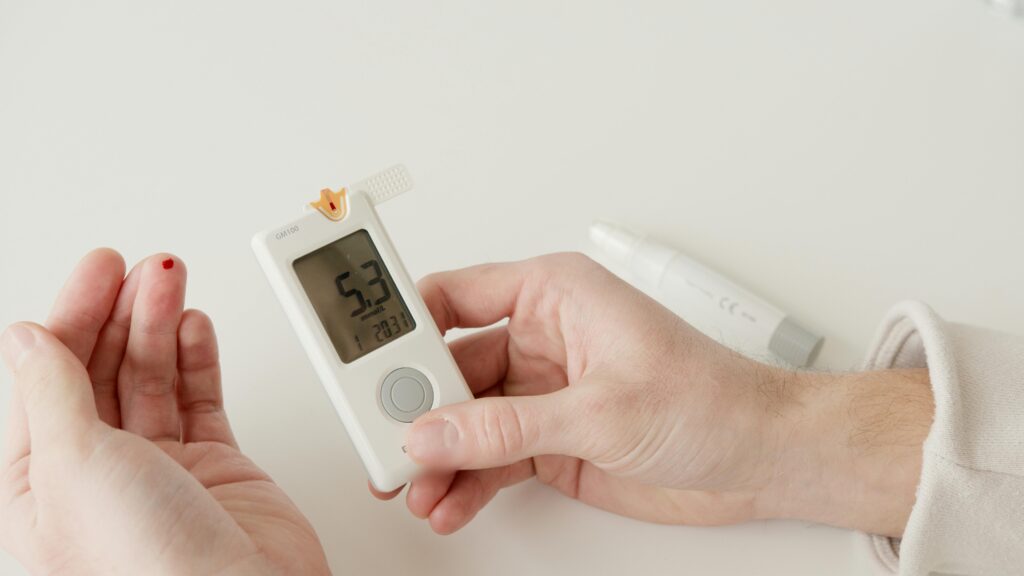
The Silent Threat of Uncontrolled Diabetes
Diabetes is often called a silent disease because its symptoms may develop gradually. Without proper monitoring, high blood sugar levels can silently damage the body. Regular diabetes testing plays a vital role in preventing complications and ensuring long-term health.
Many people don’t realize the dangers of uncontrolled diabetes. It can lead to severe conditions such as:
Cardiovascular Disease – High glucose levels contribute to artery damage, increasing the risk of heart attacks and strokes.
Kidney Failure – Over time, diabetes can weaken the kidneys, potentially leading to dialysis or transplantation.
Nerve Damage (Neuropathy) – Uncontrolled blood sugar may cause tingling, numbness, or even limb amputation.
Vision Loss (Diabetic Retinopathy) – Diabetes affects the tiny blood vessels in the eyes, increasing the risk of blindness.
How Regular Testing Helps Prevent Complications
Regular health checkups play a crucial role in diabetes management. By detecting issues early, doctors can suggest lifestyle changes and prescribe medication before complications develop. The following tests are essential for monitoring diabetes:
A1C Test – Measures average blood sugar over three months, reflecting diabetes control.
Fasting Blood Sugar Test – Identifies current glucose levels to detect prediabetes or diabetes.
Cholesterol & Blood Pressure Tests – Helps manage heart disease risk effectively.
Kidney Function Test – Detects early signs of kidney damage before it worsens.
Diabetic Eye Exam – Protects vision by checking for signs of retinopathy.
Who Should Get Tested Regularly?
While diabetes patients require frequent monitoring, those at risk should also schedule routine screenings. People with a family history of diabetes, excess weight, high blood pressure, or cholesterol face a greater likelihood of developing the disease. Additionally, symptoms like frequent thirst, fatigue, or blurred vision may indicate the need for early testing.
Lifestyle Adjustments for Better Diabetes Management
Beyond testing, making healthy lifestyle choices significantly reduces the risk of complications. A balanced diet, rich in whole grains, lean proteins, and fiber, helps stabilize blood sugar levels. Furthermore, engaging in regular physical activity—even just 30 minutes a day—can improve insulin sensitivity. Proper medication use, stress management, and routine checkups further enhance overall well-being.
Conclusion
Preventing diabetes complications requires early detection and proactive health management. Through consistent monitoring and lifestyle adjustments, individuals can take control of their health. Ultimately, regular testing plays a crucial role in minimizing the risk of severe complications.
